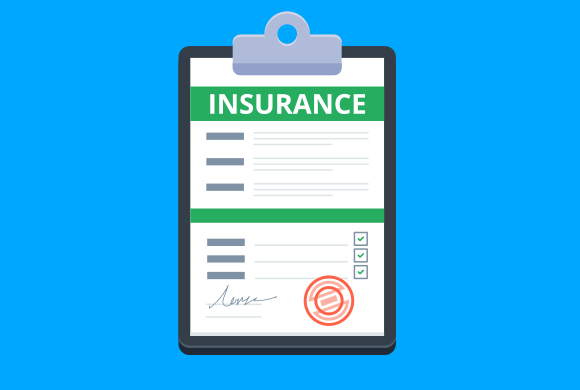What is IDV & why is it important in two-wheeler insurance?
03 June 2019

Multiple factors need to be looked into when choosing a suitable insurance policy for your two-wheeler, whether at the time of purchase or during subsequent renewals. One of those is IDV.
IDV, which stands for Insured Declared Value, is nothing but the current market value of your two-wheeler. In case of theft or total damage to your vehicle, IDV is the sum provided to you by the insurance provider. It is calculated as per the set method mentioned in India Motor Tariff. IDV is one of the factors which decides the amount of premium you end up paying to cover your two-wheeler.
How is IDV calculated?
The formula used to calculate IDV is given below:
IDV= (Manufacturer’s listed selling price- depreciation) + (Accessories not included in listed selling price - depreciation) excluding registration and insurance costs.
So, while calculating IDV for your two-wheeler, insurance and registration costs are excluded. Any accessories that do not come as a standard fitting with your two-wheeler are also excluded. This point should be noted to avoid any misunderstanding or disappointment when you raise a claim.
When you buy a new two-wheeler, the IDV is equal to 95 percent of the listed selling price provided by the manufacturer. Over time, IDV is reduced owing to the age of the vehicle and other factors. So the IDV of a four-year-old two-wheeler is less than a brand new two-wheeler. As we can see, the equation for calculating IDV includes the term ‘depreciation’. This is the reduction of the market value of your two-wheeler over time.
Pitfalls
While searching online or offline for renewal of your two-wheeler insurance, you may come across widely varying quotations of premium. One of the reasons for this may be the lower IDV being offered by the insurance providers. As stated earlier, IDV plays a part in deciding the final premium you pay for the cover. Should you choose to go with an offer which quotes lesser IDV for your vehicle, you end up paying a lesser premium amount. While this joy is momentary, the real problem arises when you raise a claim for total damage or loss of your two-wheeler. It is certain that you will be disappointed as you end up getting a much lesser amount as compensation by the insurance provider as the IDV agreed to be lower than the actual value of the vehicle. So it is wise and advisable to keep the appropriate IDV, to avoid any future losses.
It is also not advisable to claim a higher IDV than is rationally accepted, hoping to be compensated handsomely in case of theft or total loss of the vehicle. The insurance provider will invariably investigate all such claims, and the disproportionate declaration of IDV will come to light and land you in trouble.
So, summing up, it is in your interest to scrutinise the IDV value while buying a new two insuranace insurance policy or while renewing it, so that you get the best value for the premium you pay and rest assured about compensation in case of theft or total loss. To get your Liberty General Insurance two-wheeler. If you’re renewing your policy, click here.







